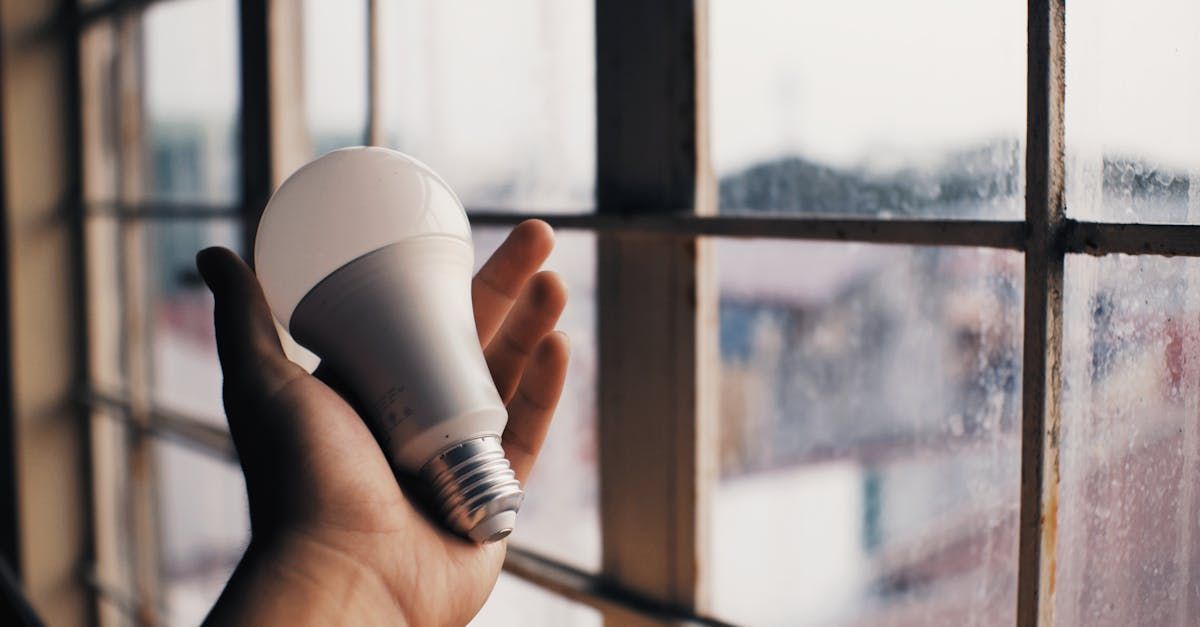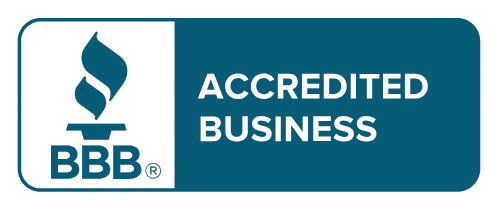Energy-Efficient Home Features for the Lowcountry Climate

Energy-Efficient Home Features for the Lowcountry Climate
Building a new custom home in the Lowcountry can be exciting. You can create a space that fits your needs and values. One key aspect to consider is making your home energy-efficient. This is especially important in Charleston, South Carolina, where the climate can be hot and humid. Let's explore some energy-efficient features that are ideal for homes in this region.
Key Takeaways
- Energy-efficient homes can lower utility bills.
- Good insulation keeps your home cool in summer.
- Energy-efficient windows help control heat and light.
- Appliances can be chosen for better energy use.
- Smart home technology can improve efficiency.
- Proper landscaping can enhance energy savings.
For further insights on sustainable building practices, you may want to explore more about eco-friendly construction methods.
Understanding Energy Efficiency
Energy efficiency means using less energy to provide the same service. For example, an energy-efficient home makes it easier to stay cool without using too much electricity. In Charleston, where summer heat is intense, energy-efficient features can save you money while keeping your home comfortable.
Feature Benefits Considerations
- High-Quality Insulation Reduces cooling costs Initial investment may be higher
- Energy-efficient Windows Lowers heat gain and loss Potentially higher upfront costs
- Smart Technology Enhanced control over energy use Requires additional installation
- Energy-efficient Appliances Long-term savings on utility bills
- Often costlier than standard models
Insulation That Works
Insulation is vital for any home. It helps keep the heat out in summer and the warmth in during winter. In the Lowcountry, using high-quality insulation can keep your home cool and reduce air conditioning costs. Look for insulation materials that resist moisture, as humidity can be high in this area.
Types of Insulation
- Foam board insulation: This is great for exterior walls and foundations. It provides a strong barrier against heat.
- Spray foam insulation: This type expands and fills gaps. It is good for hard-to-reach places.
- Fiberglass: This is a common material that is effective and cost-friendly.
Energy-efficient Windows
Windows play a big role in how much energy your home uses. Choosing the right windows can help control heat and light in your home. Look for double or triple-pane glass to improve insulation.
Features to Consider
- Low-emissivity (Low-E) coatings: These coatings reflect heat. They keep your home cool in summer and warm in winter.
- Gas fills: Some windows have argon or krypton gas between the panes. This adds extra insulation.
- Energy Star ratings: Look for windows certified by Energy Star. They meet strict energy efficiency standards.
Smart Home Technology
Adding smart technology to your home can also make it energy efficient. Smart devices help you control energy use easily. For example, you can adjust your thermostat remotely or set your lights to turn off when you leave a room.
Examples of Smart Devices
- Smart thermostats: These adjust the temperature based on your habits. Many can learn your schedule and save energy.
- Smart lighting: You can control lights with your phone or set them to turn on and off at certain times.
- Energy monitors: These devices track energy use in real-time, helping you stay aware of how much energy you consume.
Benefits of Smart Home Technology
- Increased convenience through remote controls
- Enhanced security with automated lights
- Improved energy management leading to cost savings
For more detailed information on energy-efficient home designs, consider checking out resources that focus on sustainable architecture.
Energy-efficient Appliances
When building your new custom home, choose appliances that use less energy. Energy-efficient appliances can lower your monthly bills and reduce your carbon footprint. Look for the Energy Star label when selecting your appliances.
Key Appliances to Consider
- Refrigerators: Modern refrigerators use less energy than older models.
- Washing machines: High-efficiency washers use less water and energy.
- Dishwashers: Energy-efficient dishwashers can save water and electricity.
Efficient Heating and Cooling Systems
In Charleston, you need a good heating and cooling system. This is key for comfort in your home. Look for systems that use less energy but still provide effective cooling and heating.
Types of Systems
- Central air conditioning units: Choose units that are Energy Star rated. They are more efficient than older models.
- Heat pumps: These can heat and cool your home using less energy. They are a great option for the humid Lowcountry climate.
- Ductless mini-splits: These systems allow you to control temperatures in specific areas of your home.
System Type Energy Efficiency Rating Ideal Usage
- Central Air Conditioning Energy Star Rated Whole-house cooling
- Heat Pumps High Efficiency Year-round climate control
- Ductless Mini-Splits Energy Efficient Room-specific temperature control
Proper Landscaping
Landscaping can also play a role in your home’s energy efficiency. The right plants can provide shade and reduce heat around your home. This can help keep your home cooler and lower your energy bills.
Landscaping Tips
- Shade trees: Planting trees on the south and west sides of your home can block afternoon sun.
- Native plants: These require less water and care, which can save money over time.
- Windbreaks: Planting shrubs or trees can block cold winds in winter.
Water Conservation Features
In addition to energy efficiency, consider water-saving features. These can help conserve water and reduce costs. In Charleston, where summer can be dry, using less water is wise.
Water-saving Features
- Low-flow fixtures: Install low-flow toilets, showerheads, and faucets to reduce water use without losing performance.
- Rainwater harvesting systems: Collecting rainwater can be a smart way to water your garden and landscaping.
- Drip irrigation: This system delivers water directly to the roots of plants, minimizing waste.
Conclusion
Building an energy-efficient custom home in Charleston is a smart choice. You can save money and make your home more comfortable. Focus on insulation, windows, smart technology, appliances, heating and cooling systems, and landscaping. Each of these features can help your home stand out while providing the comfort and efficiency you need in the Lowcountry climate.
By ensuring your new home has energy-efficient features, you can enjoy a beautiful living space that protects both your wallet and the environment.

Expert Home Addition Services in Charleston, SC: Transform Your Space with Exceptional Craftsmanship





Phone Number:
(843) 814-3034
Our Location:
Charleston, SC
Email Address:
hunter@hunterbakerhomes.com
All Rights Reserved | Hunter Baker Homes | Website Created by: Kickstart Local
